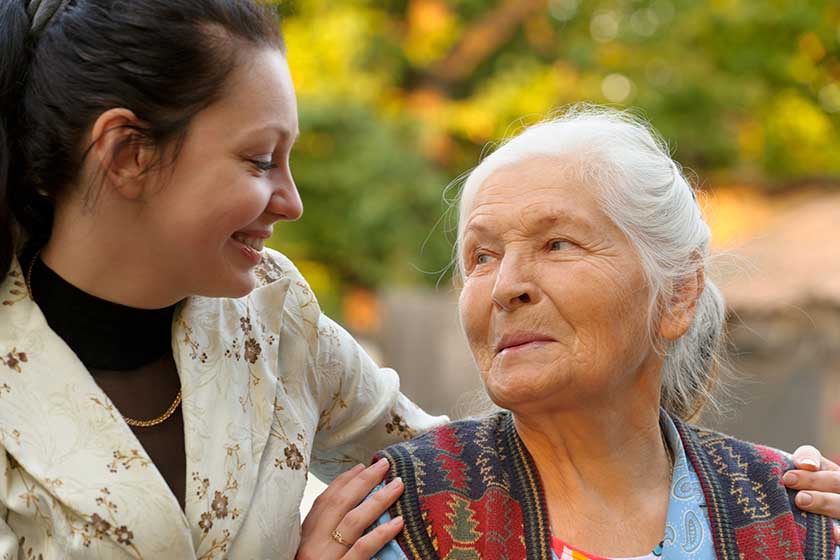Age is a funny thing. We all have ideas of what a person at a certain age should look and act like, but few people can say what their grandparents or great-grandparents looked like. Unfortunately, this means that many of us only understand the effects of aging on our elders once it’s too late to help them through them. This blog helps you better understand these changes in seniors so you can be aware of when they occur!
- Memory Loss
One of the most common symptoms of aging is memory loss. It can be a sign of dementia when someone has trouble remembering things. At the same time, depression or stress can cause this. This can make it difficult for your parents to remember where they put their keys or how much money they have in their bank account.
Aging adults who live alone may also experience “home alone” syndrome. They forget how to do basic tasks such as feeding themselves, getting dressed, and bathing themselves without assistance.
- Physical Appearance
As your parents age, their physical appearance is likely to change. This can be difficult for you to deal with if you are used to seeing them as the same person over time. If a parent has lost weight or gained weight since moving into a retirement home, it could be due to depression or medications that cause weight gain.
The best way that family members can help older adults maintain good health is by encouraging them. Let them know you’re with them as they exercise regularly. If possible, eat healthy meals together as often as possible.
- Changes in Mobility
As your parents age, their mobility may be affected. They may not be able to walk as quickly, and they might have trouble climbing stairs or getting out of a chair. If this is the case, try not to leave them alone for long periods. Your parent may also need assistance with activities such as bathing and dressing.
If your loved one uses a cane or walker at home, they must use it correctly so they don’t hurt themselves while walking around the house (or anywhere else).
- Social Withdrawal and Depression
Depression can be a common problem in the elderly. The National Institute of Mental Health estimates that about one in five adults 65 and older has depression. Still, only half of these people get treatment. Depression is treatable, so it’s important to recognize signs of depression and seek help if you suspect your loved one is suffering from this condition.
Depression is treatable with medication or counseling (or both). If your parent has been diagnosed with dementia or Alzheimer’s, they may benefit from antidepressants prescribed by their doctor. However, some older adults experience side effects from these medications, such as confusion or memory loss.
These side effects can make it difficult for them to live independently at home without supervision by family members who can provide around-the-clock care. There isn’t always an available family member on hand 24 hours a day, 7 days per week.
- Sleep Pattern Changes
As people age, their sleep patterns change in several ways. It’s not uncommon for older adults to have trouble falling asleep or staying asleep. They may also wake up more frequently during the night than they used to, or they might not be able to get up at all.
Conclusion
Hopefully, this list has given you insight into how your aging parents may be changing. Watching them struggle with something as simple as walking or remembering what happened yesterday can be challenging. However, remember that these signs are typical for this stage in life. If you notice severe changes in your elderly parent’s behavior or health, contact us immediately to help!







